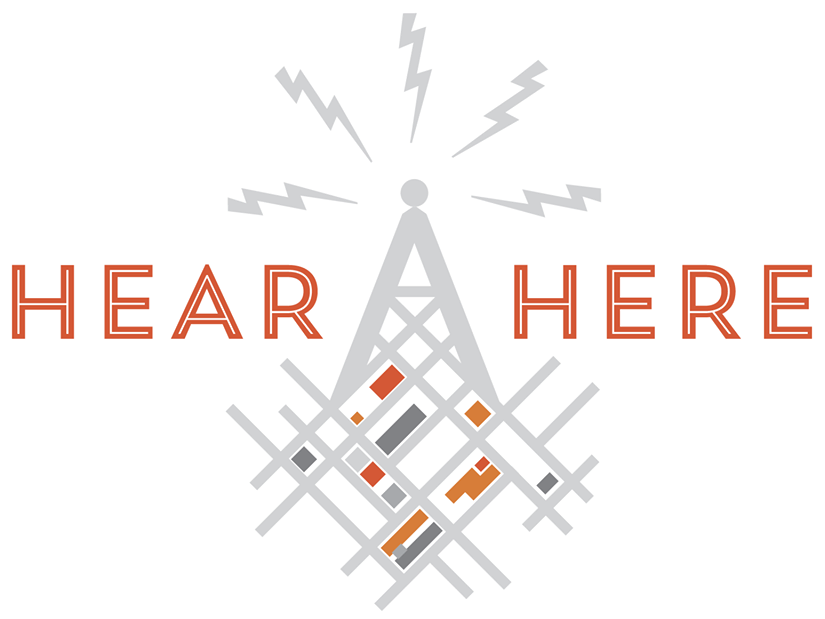What Makes Hear, Here Successful?

Location: All interviews should be location specific.
First Person: All stories should be told by the person who experienced the story themselves.
Historically Excluded: A proportion of the stories in any Hear, Here project should reflect the experiences of historically excluded members of the community based on race, ethnicity, class, gender, sexuality, ability, indigeneity and other marginalizing factors within your community.
Neighborhood: Hear, Here projects are based in sections of the city; a single long street or a neighborhood work best for this project.
Join other communities that have developed Hear, Here projects:
London, Ontario CA
“By providing stories not found in local history books, Hear, Here enriches our understanding of London’s diversity.”
Michelle Hamilton
Director, Public History MA Program,
Western University
Esch-Sur-Alzette, Luxembourg
“Hear, Here enables us to bring the past closer through personal memories in multiple languages”
Joëlla van Donkersgoed
Project Coordinator
Ontario CA
“Hear Here Arboretum empowered students to create physical and digital layers of stories to the Arboretum at Guelph, making this space directly adjacent to our campus come alive through the words of people that work and play there.”
Kim Martin
Director
Guelph University
Before Applying, Make Sure To:
- Read the Hear, Here Objectives
- Explore our website.
- Make an appointment with Dr. Ariel Beaujot, Executive Director of Hear, Here by calling 608-785-6798
- If you are still interested after the initial meeting, your group will go through an application process that will allow you access to How to Documents as well as further rules and guidelines
It is important that we all work together to maintain the integrity of the hear here vision

